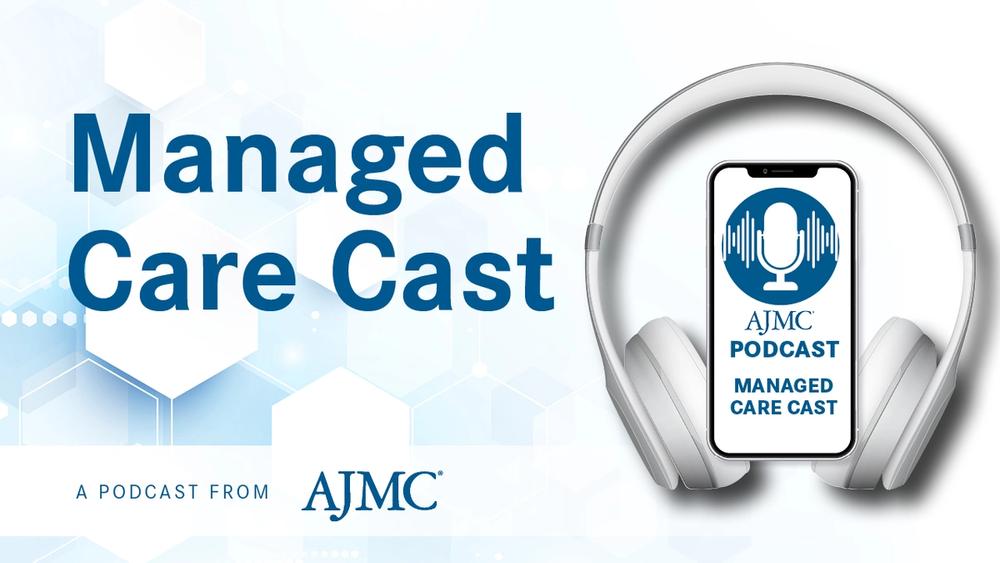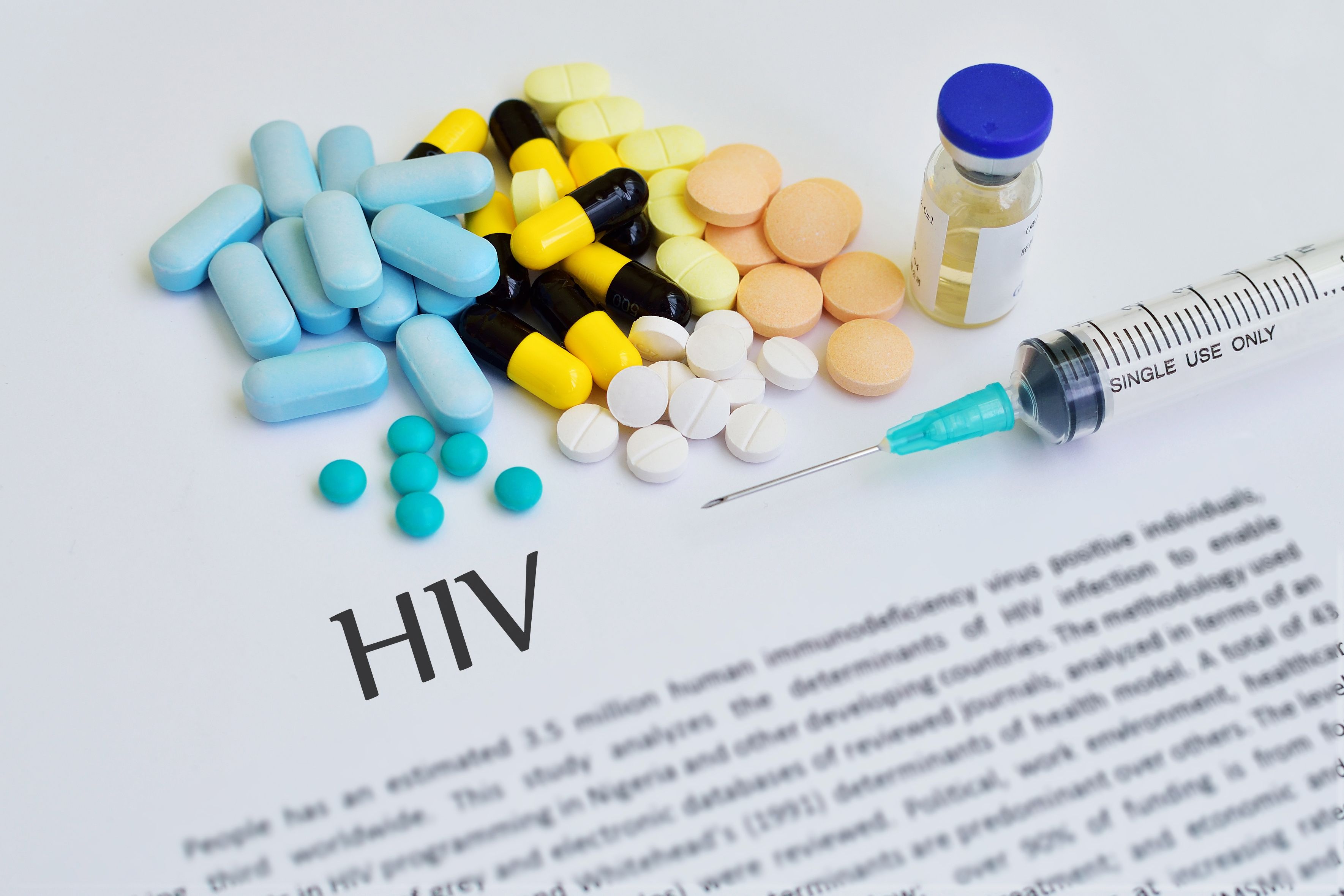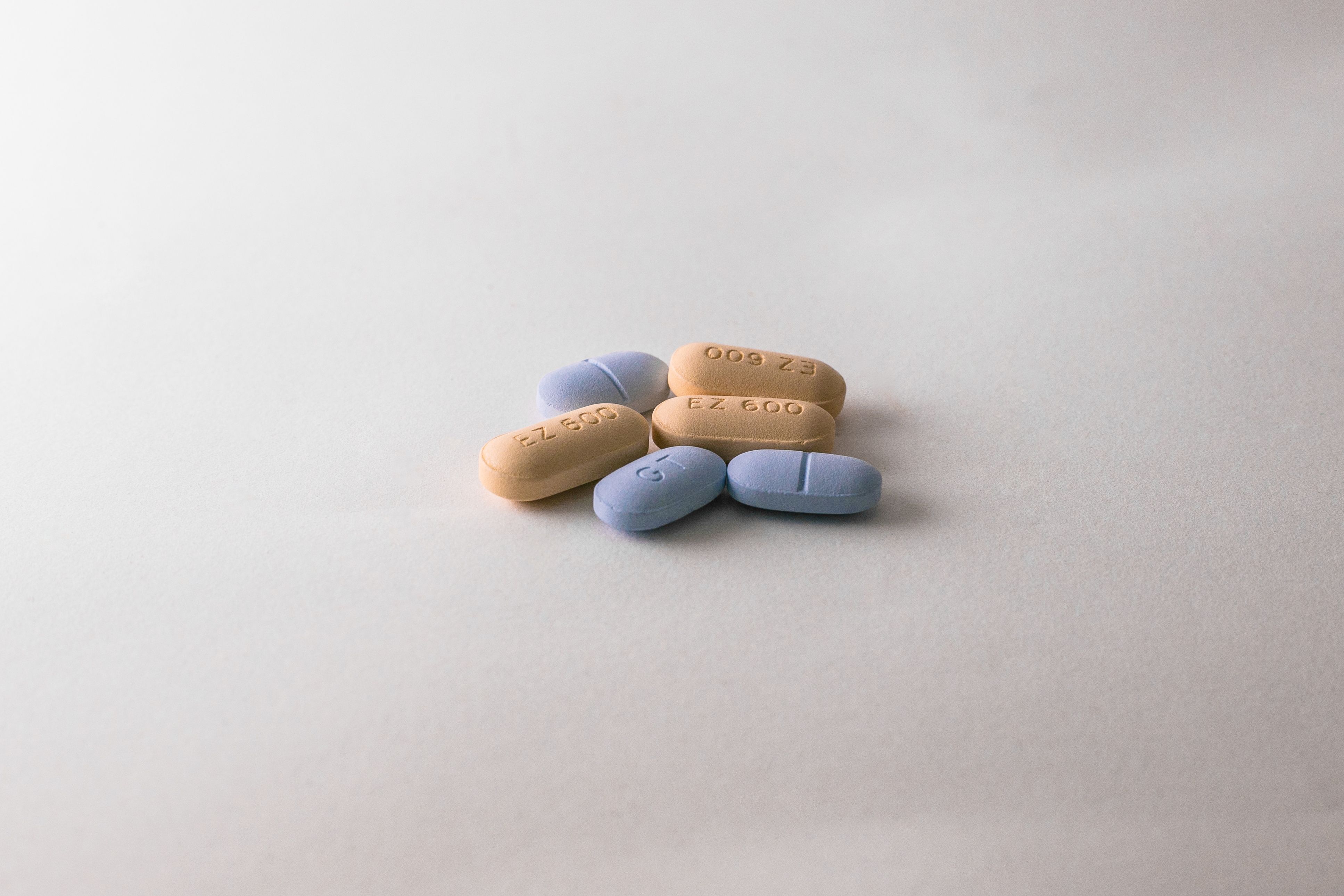Article
What We're Reading: 9/11 Compensation Fund; FDA Warns of Unproven CBD Health Claims; HIV Prevention Implant
Author(s):
The Senate on Tuesday approved funding for the September 11th Victim Compensation Fund through 2090; the FDA is warning a leading marijuana company against illegally selling unapproved products containing cannabidiol (CBD); an implanted HIV drug may someday be able to prevent HIV for up to a year.
Senate Passes 9/11 Compensation Funding
The Senate on Tuesday approved funding to cover claims from victims of the September 11 terrorist attacks through 2090. The bill, which will now head to President Donald Trump’s desk, will allow the September 11th Victim Compensation Fund to pay for past and future healthcare claims and offer other compensation to victims of the attacks, relatives of those killed, and first responders who suffered health consequences. Since the fund was established, it has paid out $5 billion to more than 22,000 victims, with another 17,000 claims pending, according to The Wall Street Journal.
FDA Warns Marijuana Company Over CBD Health Claims
The FDA has issued a warning to a marijuana company for illegally selling unapproved cannabidiol (CBD) products online with unproven health claims about CBD. The company, Curaleaf, has made claims that its CBD products treat cancer, Alzheimer disease, opioid withdrawal, and pain. In a statement, Acting FDA Commissioner Ned Sharpless, MD, said that the claims could put patients at risk by leading them to delay medical care for their conditions. He added that there are many unanswered questions about the science, safety, and efficacy of unapproved products containing CBD.
Implanted Drug May Someday Be Able to Prevent HIV Infection for a Year
Merck has released early data on its new HIV drug MK-8591, which builds up in the body and could be given as an implant that might only need to be replaced once a year. The drug is the first in a new drug class: nucleoside reverse transcriptase and translocation inhibitors. The company announced data from a study that randomly assigned 4 patients to receive a placebo implant, 6 to receive an implant with a 54-mg dose of MK-8591, and 6 with a 62-mg dose, and followed them for 4 months. According to STAT News, based on blood levels of the drug, the researchers predicted that the 54-mg implant could prove effective for 8 to 10 months and the 62-mg implant could be effective for a year.





